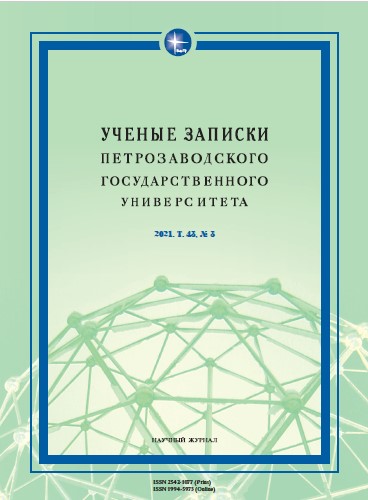ОСОЗНАННОСТЬ КАК КОГНИТИВНЫЙ ФАКТОР ЭКСПЛИКАЦИИ СУЖДЕНИЙ В ТЕКСТОВЫХ ЕДИНИЦАХ С СЕМАНТИКОЙ ЦЕЛИ
MINDFULNESS AS A COGNITIVE FACTOR FOR EXPLICATION OF JUDGMENTS IN TEXT UNITS WITH PURPOSE SEMANTICS
Author(s): Lyubov V. VoroninaSubject(s): Semantics, Psycholinguistics, Cognitive linguistics, Cognitive Psychology
Published by: Петрозаводский государственный университет
Keywords: mindfulness; reference; statement; explication; discourse; text units with purpose semantics;
Summary/Abstract: The article deals with the issues of representing situations in one’s mind in the form of judgments with potential purpose semantics. The author investigates the aspects that influence the generation of such representation and the determining factors for the explication of such judgments through their implementation into text units with purpose semantics in political discourse. The author analyzes the psychological, philosophical and linguistic interpretations of the concept of purpose, gives the definition of purpose appropriate for psycholinguistic research, and reveals its obligatory characteristics – mindfulness and subjectivity. Using the methods of continuous sampling, content analysis, observation, and self-observation within the logic-based semantic approach to the interpretation of text units, the author qualifies mindfulness as a cognitive factor that defines various aspects of judgment implementation in political interviews with regard to objective reality, needs, resources, and correlation between desired and actual results, with verbalization being an important criterion of mindfulness. Analyzing correlations between several judgments, the author identifies the factors of their language explication, and the degree of reference between the judgments content and the statements in terms of information completeness and statements’ volume. The author comes to certain conclusions about the fundamental discrepancy between judgments and their realizations in discourse at the denotation and formal levels, and suggests that explication in speech is a process associated not only with objective factors (including the peculiarities of a specific language), but also with subjective ones, including the subject’s way of thinking, their upbringing, education, age, gender, emotional state at the time of speaking, etc. This research has perspective of being useful for studying the connotative semantic layer of statements with purpose semantics, their communicative organization, and pragmatic aspect.
Journal: Ученые записки Петрозаводского государственного университета
- Issue Year: 43/2021
- Issue No: 3
- Page Range: 23-31
- Page Count: 9
- Language: Russian

